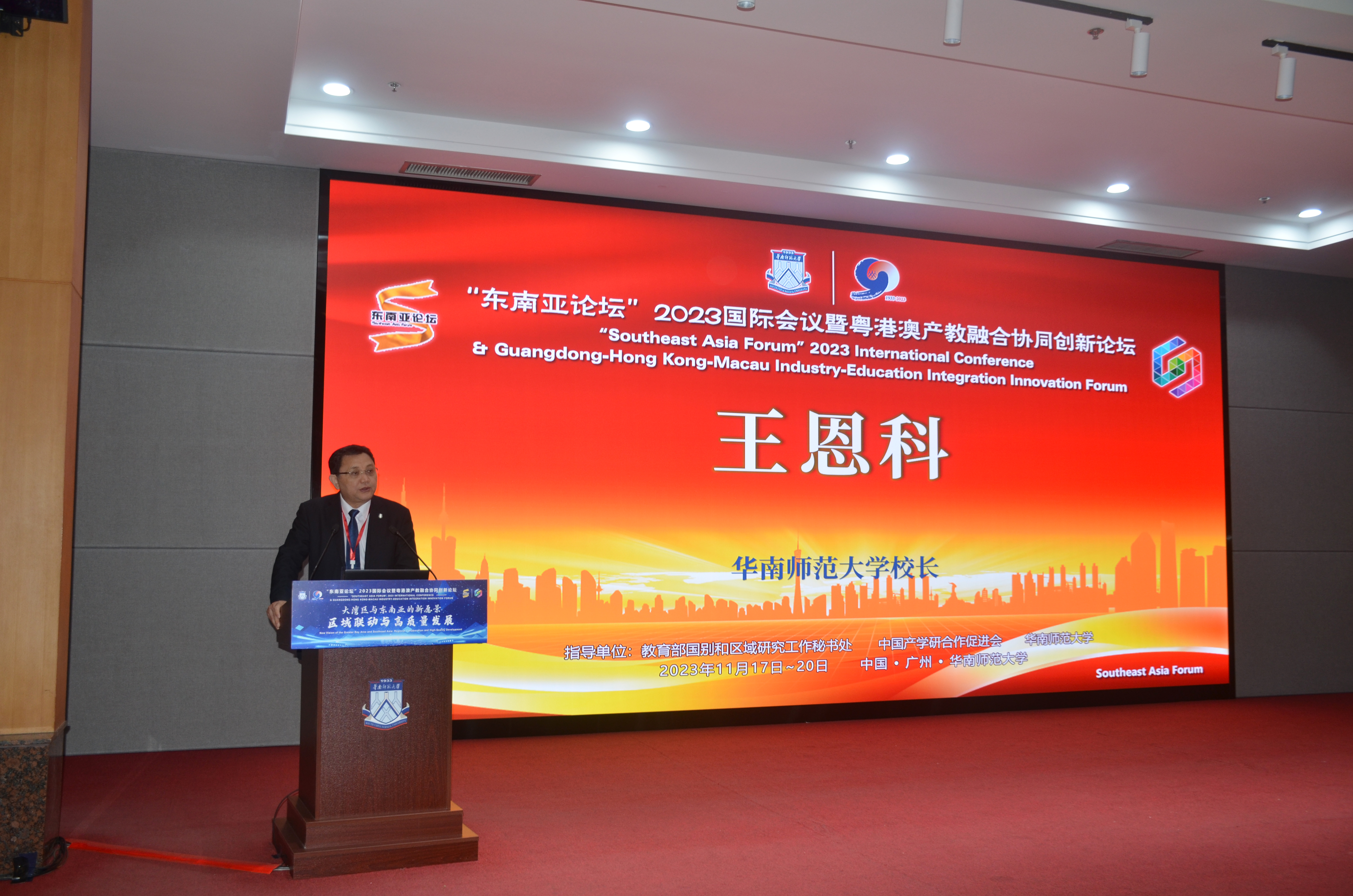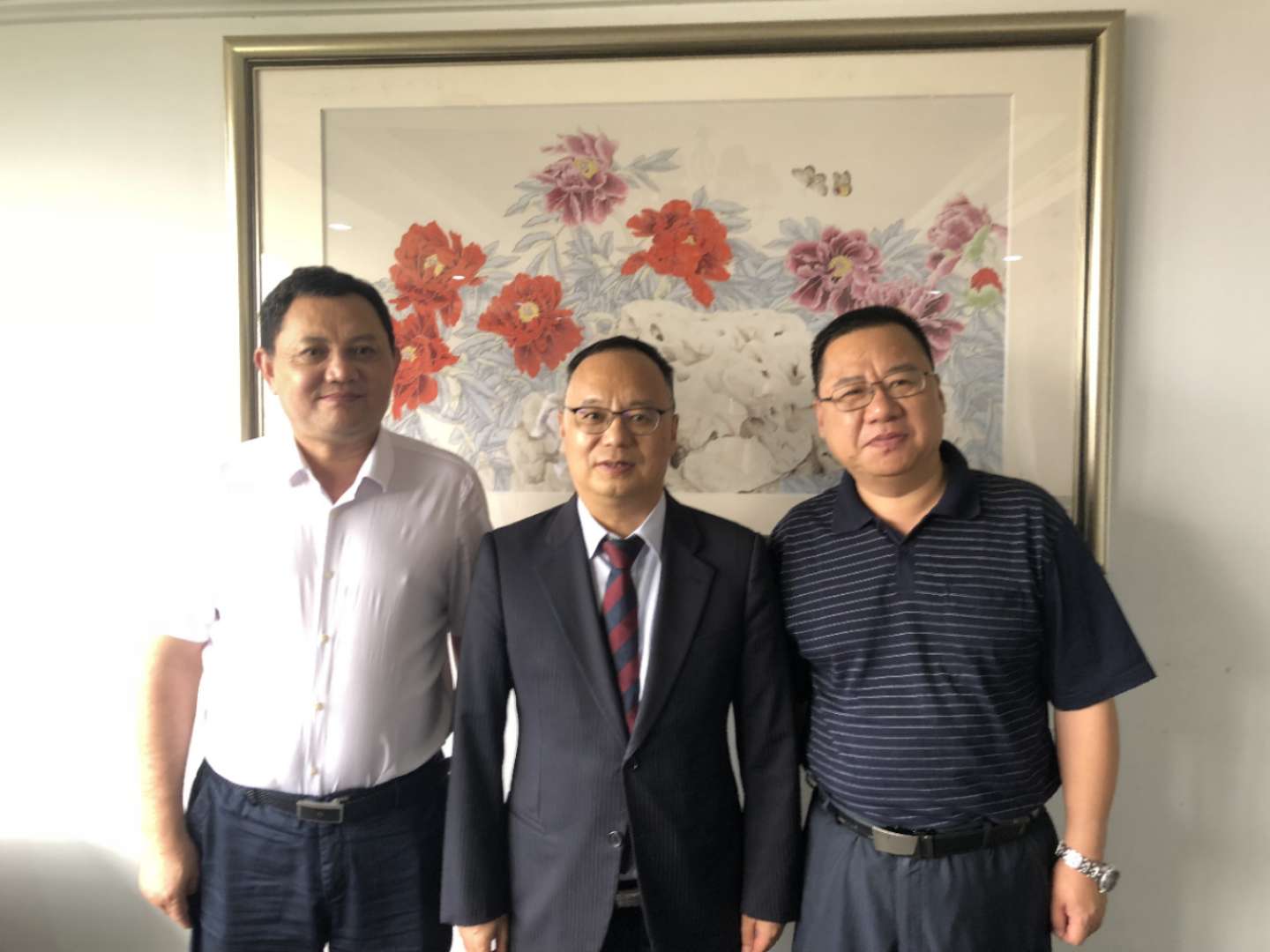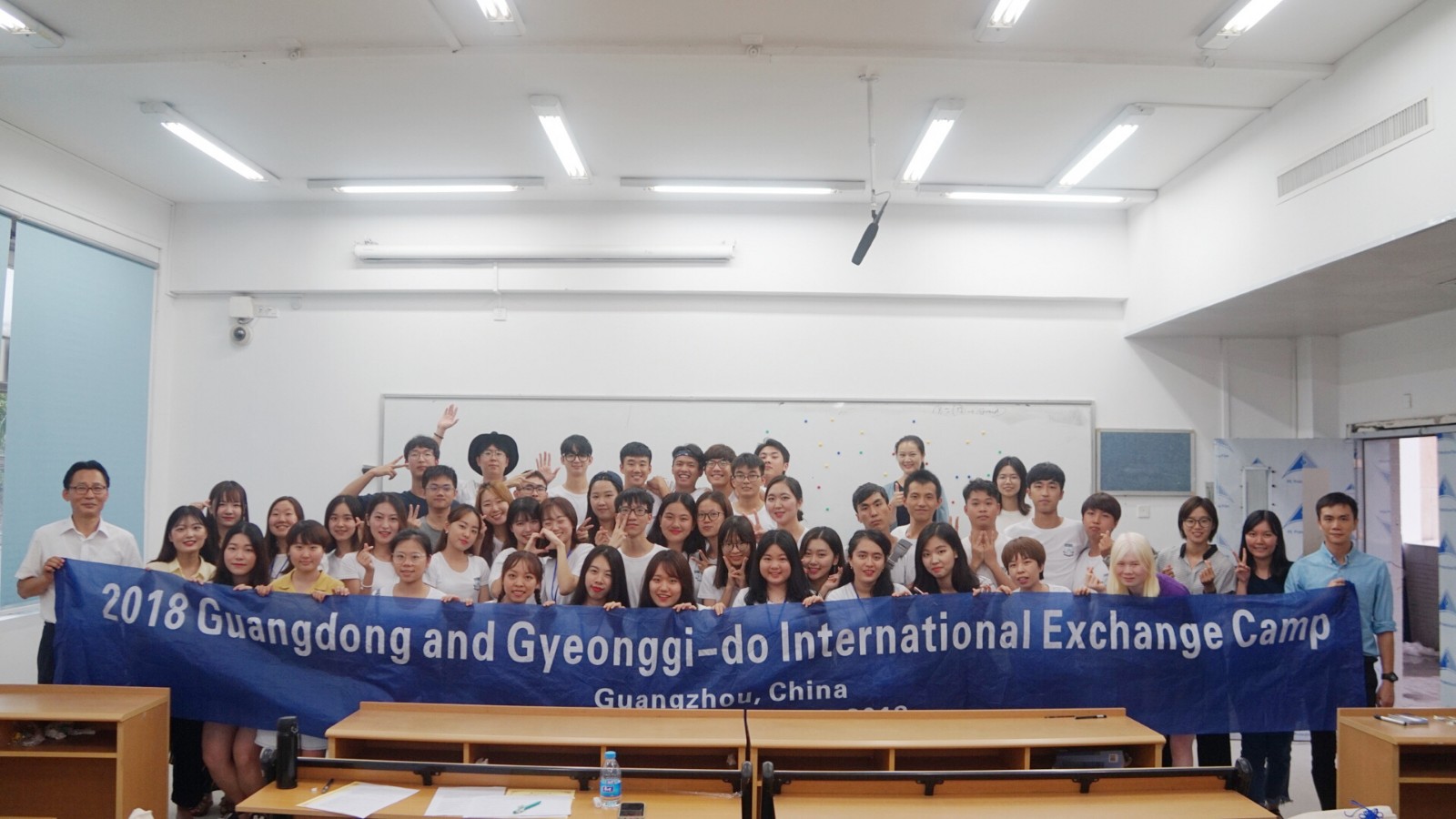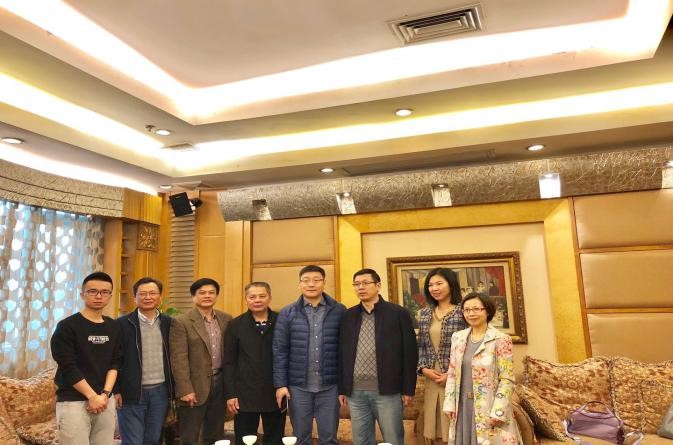
Likes
The International Conference, the 2023 Southeast Asia Forum and the Guangdong-Hong Kong-Macao Industry-Education Integration and Innovation Forum were held at SCNU from November 17 to 20. Over 300 leaders, scholars and experts from China and other southeast Asian nations shared their experience with regional collaboration and high-quality development. They also called for further cooperation between China and Southeast Asia.
The forum was themed "New Vision of the Greater Bay Area and Southeast Asia: Regional collaboration and high-quality development". Facing new opportunities and challenges resulting from regional economic integration after the Regional Comprehensive Economic Partnership (RCEP) agreement took effect in 2023, the forum focused on the forefront issues such as the regional linkage within the Guangdong-Hong Kong-Macao Greater Bay Area (the Greater Bay Area), the Hainan Free Trade Port and the Association of Southeast Asian Nations (ASEAN). The forum aimed to contribute wisdom and explore approaches to promote cooperation between China and Southeast Asia.

Wang Enke, introduces SCNU's achievements in cultivating talents for southeast Asian countries.
Wang Enke, president of SCNU, addressed at the opening ceremony. In his speech, he suggested the forum's theme fits the approach to deepen cooperation and coordinate innovation between Southeast Asia and the Greater Bay Area with China. Following the national strategy of opening up in education and other fields, SCNU has cooperated with about 200 universities and scientific research institutes worldwide in areas such as discipline development, talent cultivation, teacher exchange and scientific research. Moreover, SCNU has cultivated more than 10,000 students from vaious southeast Asian nations. We are a true practitioner of cultural exchange and cooperation between China and ASEAN, Wang said.
President of the Sino-Thai Friendship Association, Korn Dabbaransi, and Ong Tee Keat, president of the BRI Caucus for the Asia Pacific attended the forum and delivered speeches on behalf of Thailand and Malaysia, respectively. They both agreed that it is important to make good use of public diplomacy, and further promote the Belt and Road cooperation.
Leaders from Chinese governmental and public institutions, including Jia Peng, the deputy director general of the Department of International Cooperation and Exchange of the MOE, Chen Kaizhi, the president of the Guangdong International Culture Exchange Center, Qian Hongjie, the vice president of the Guangdong People's Association for Friendship with Foreign Countries, Zhu Chaohua, the chief inspector of the Department of Education of Guangdong province and Wang Jianhua, the president of the China Industry-University-Research Institute Collaboration Association, were invited to deliver speeches.
Representatives from government departments and enterprises, as well as academic experts from China and various southeast Asian countries including Thailand, Malaysia, Indonesia, Singapore, Vietnam, and the Philippines, made keynote speeches.
Keynote speeches fell into three categories, and in the first part, "the Belt and Road" Initiative, educational cooperation among ASEAN countries, and regional economic governance and cooperation in higher education in the Asian and Pacific region were extended in speeches.
Scholars then shared their views on innovation in the Sino-ASEAN educational cooperative system, cultural exchange and the improvement of digital literacy within China and the ASEAN region, the development of "a community with a shared future for mankind" as well as bilateral cooperation through Sino-Philippine and Sino-Cambodian relations.
The development of China's soft power, Sino-ASEAN cooperation in higher education, and relations between the Hainan Free Port and the ASEAN, China and Myanmar, and Brunei and East Timor were reported in the last part.
Four sub-forums were also held and the innovative path of regional cooperation between China and the ASEAN was discussed from four perspectives, viz. different countries' characteristics, technology, law and society. Additionally, a lecture themed on the research on Southeast Asia from the aspect of International and Regional Studies was extended at the forum.
On the occasion of the forum, the first volume of the new collected papers Southeast Asian Review was released and a cooperation agreement between SCNU and the Universitas Indonesia was concluded.

Group photo of all the participants.
The annual International Conference of the Southeast Asia Forum has been hosted for seven years consecutively since the Center for Southeast Asian Studies of SCNU was founded in 2017. Centered around international issues, this forum features multi-disciplinary strengths. It has become an important conference for exchange among interdisciplinary and cross-domain experts and scholars from Guangdong province, Hong Kong, Macao and southeast Asian countries.
Source from SCNU News Center
Translated by Li Jun
Proofread by Edwin Baak
Edited by Li Jianru
What to read next:










